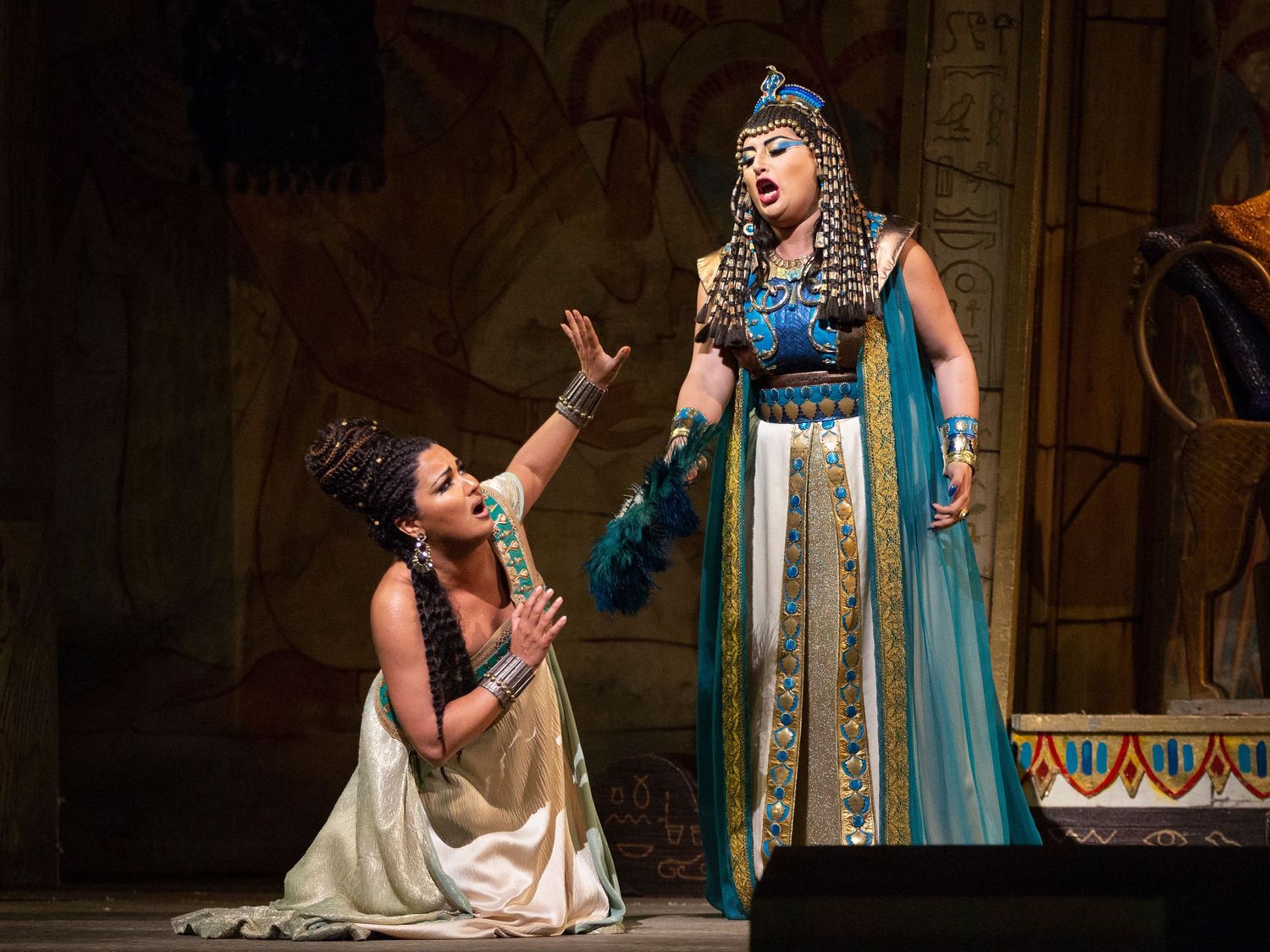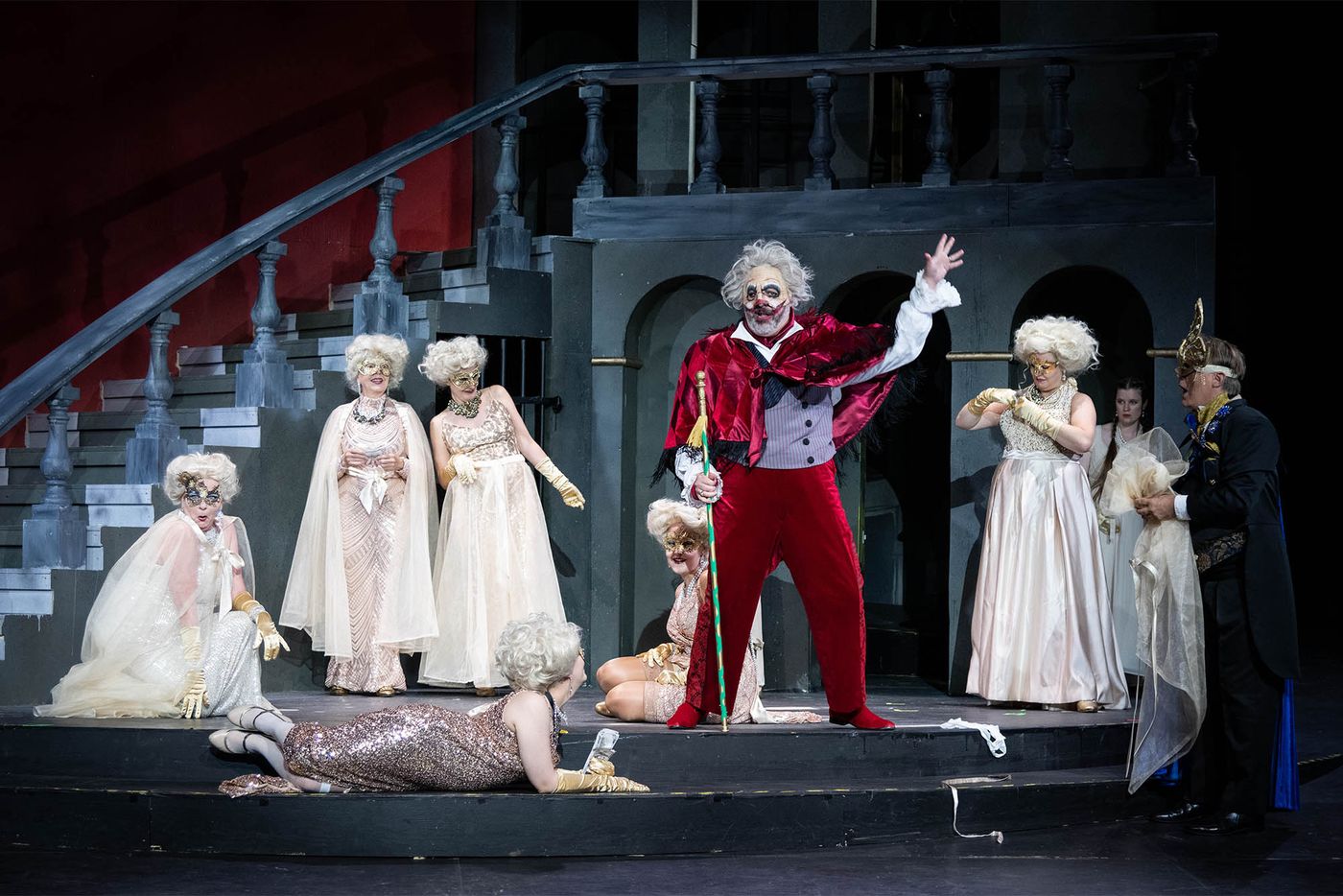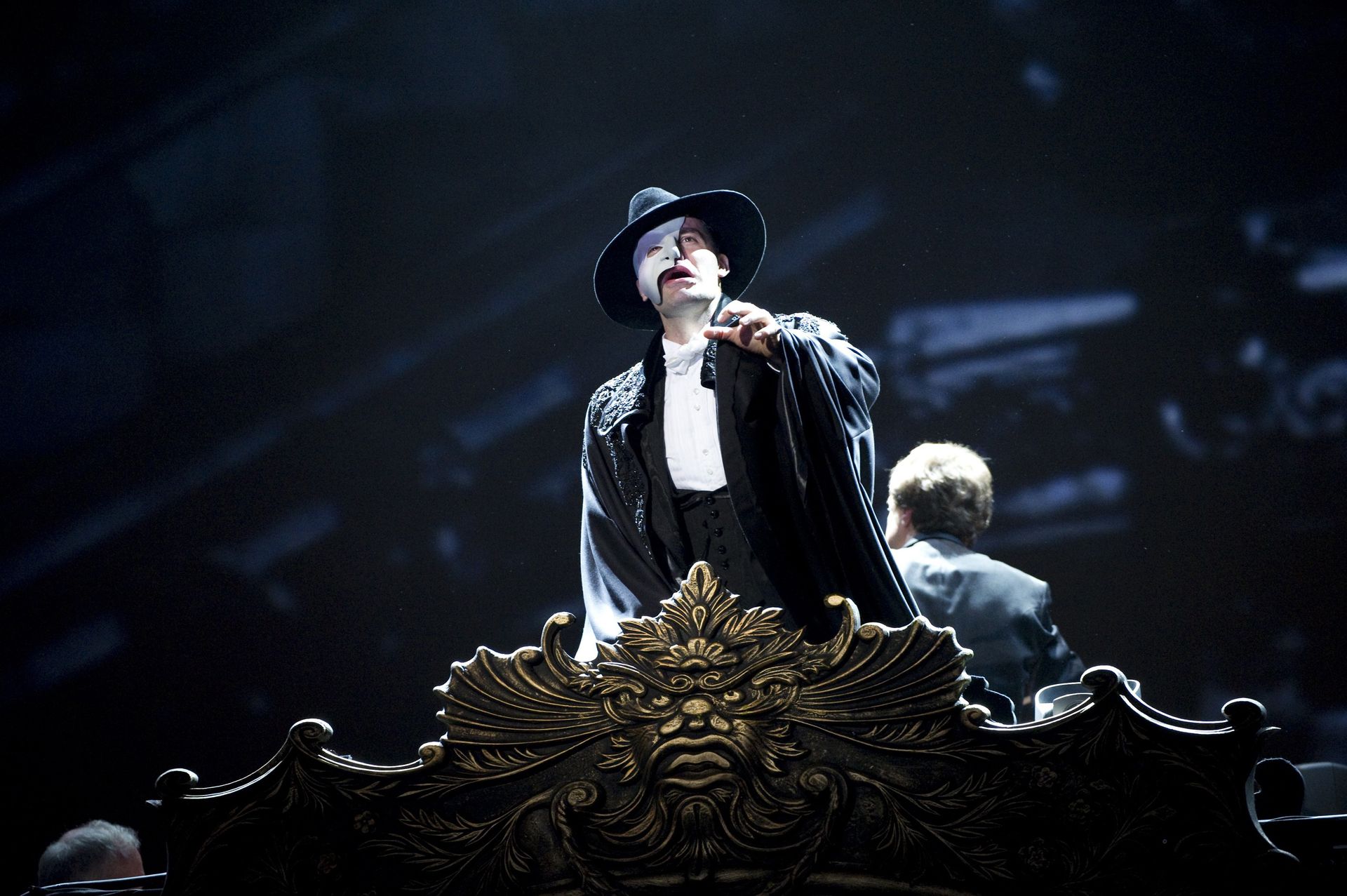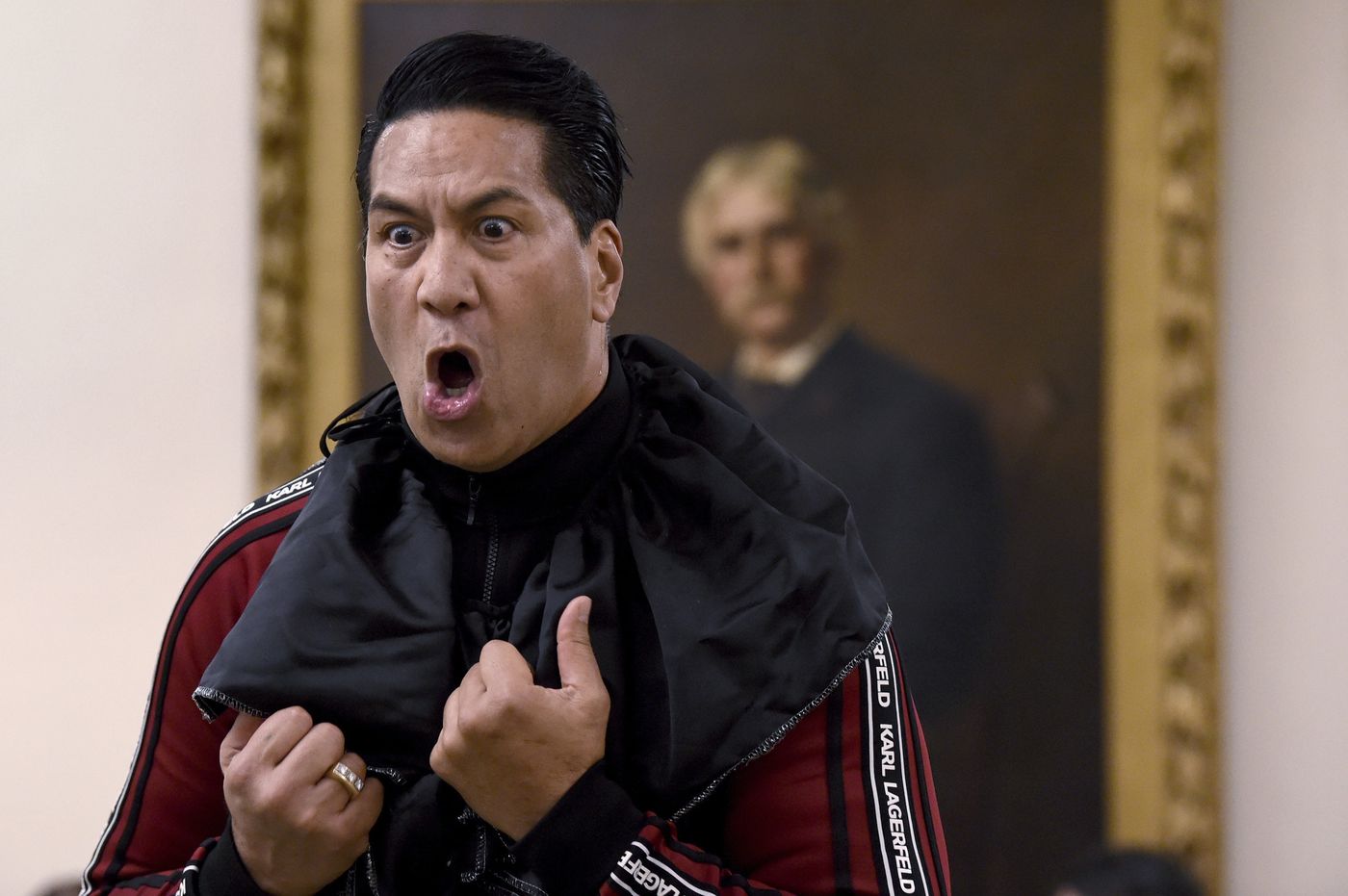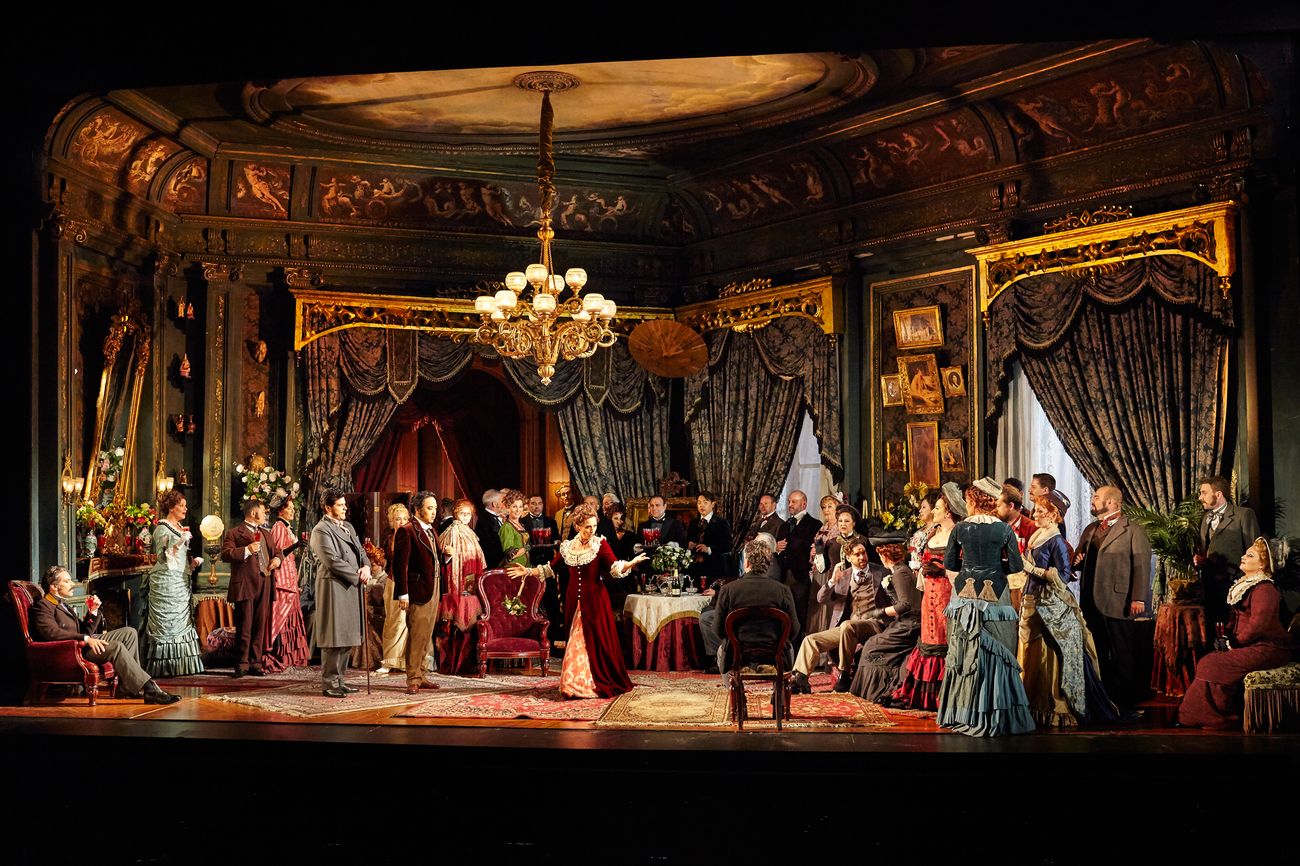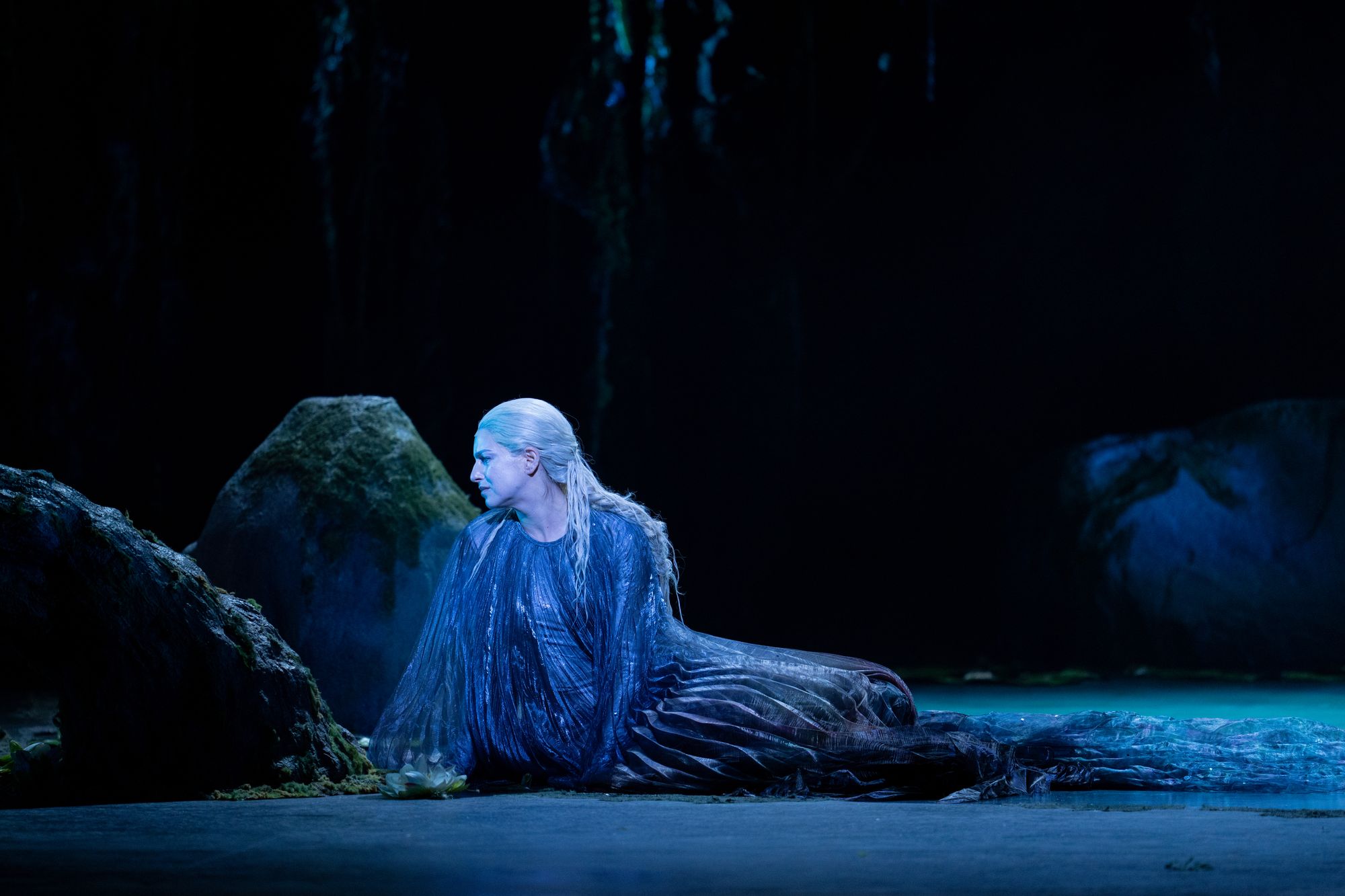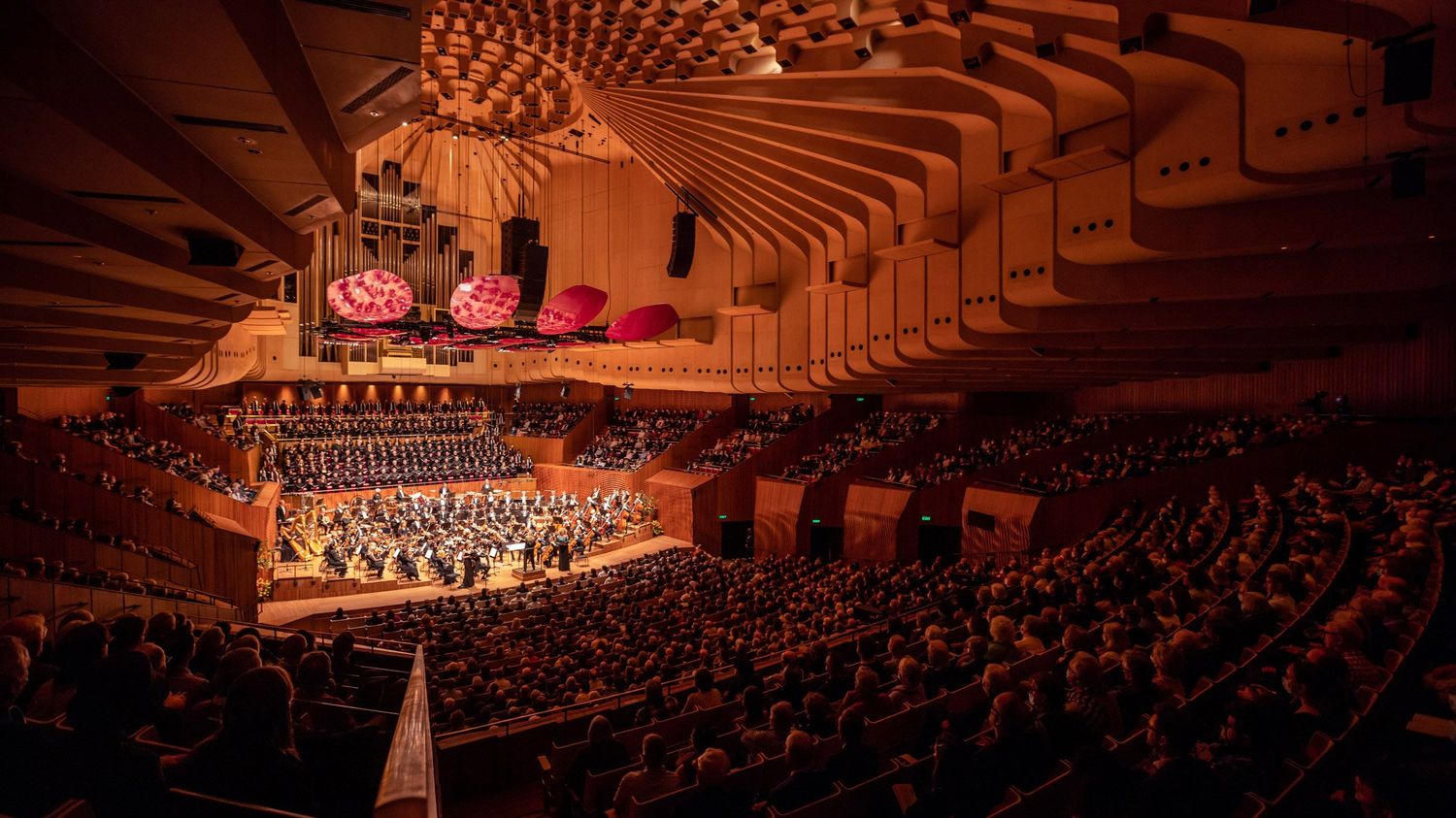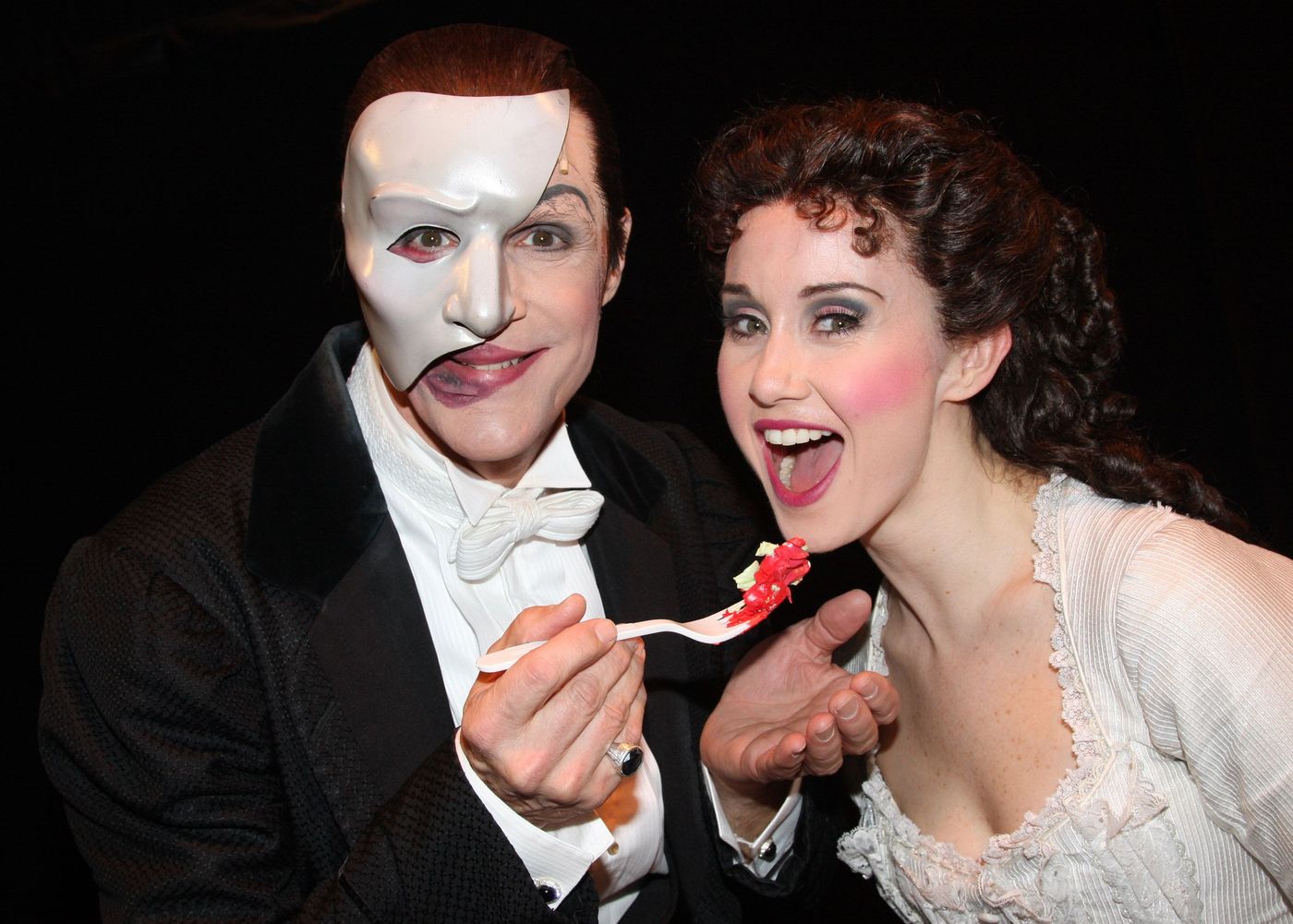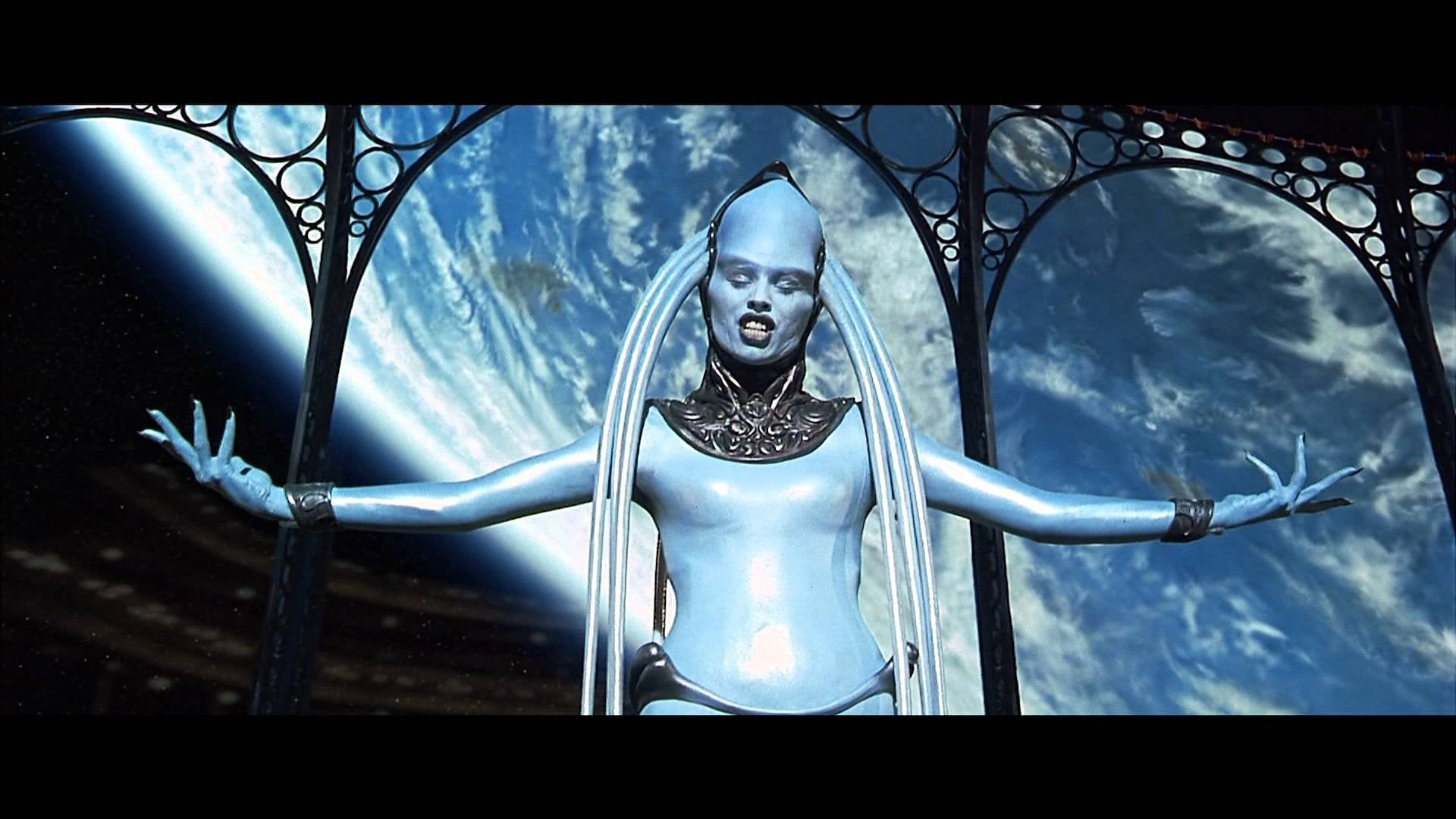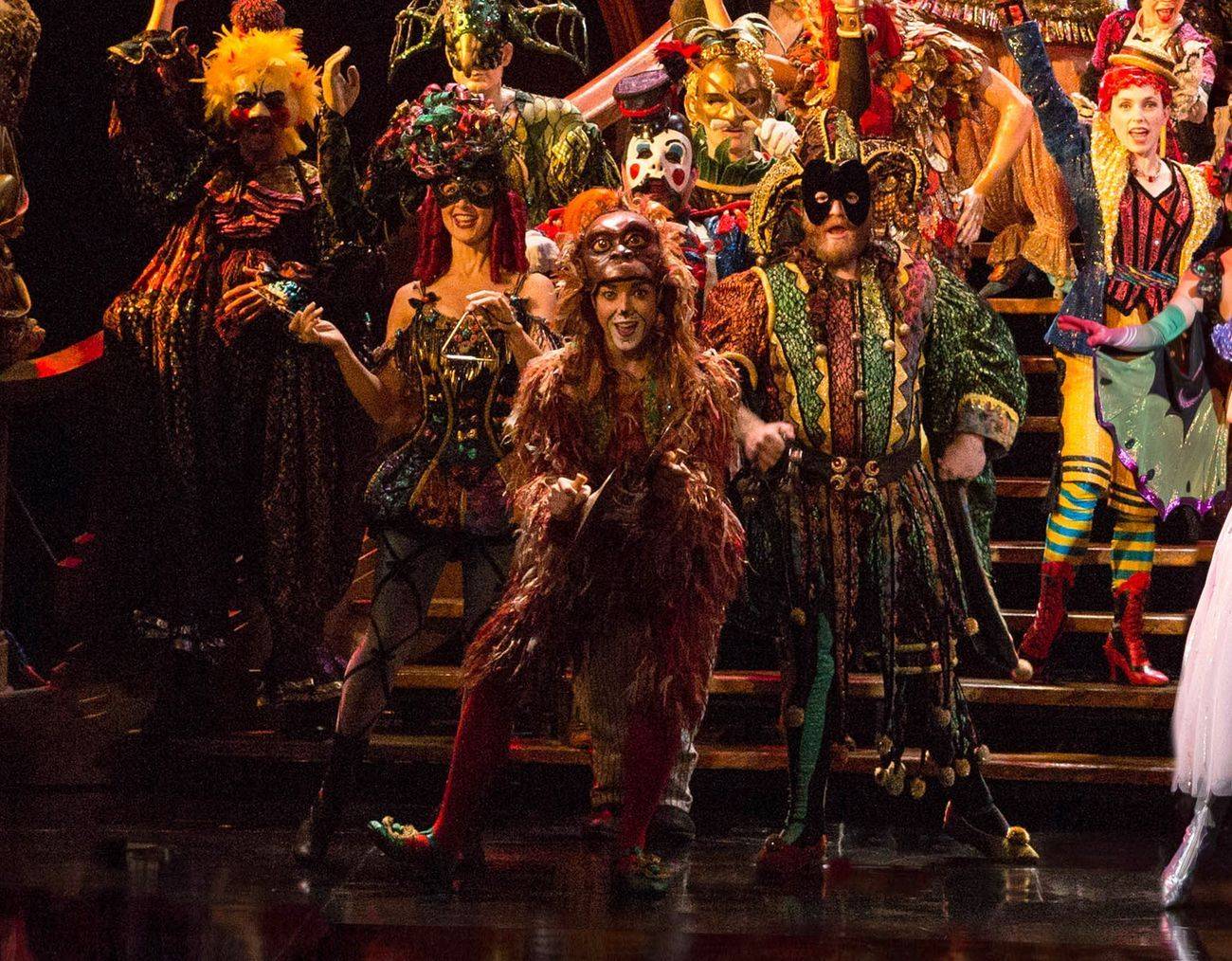Home>Events & Info>Opera>Who Is Don Giovanni In Mozarts Opera Of That Name
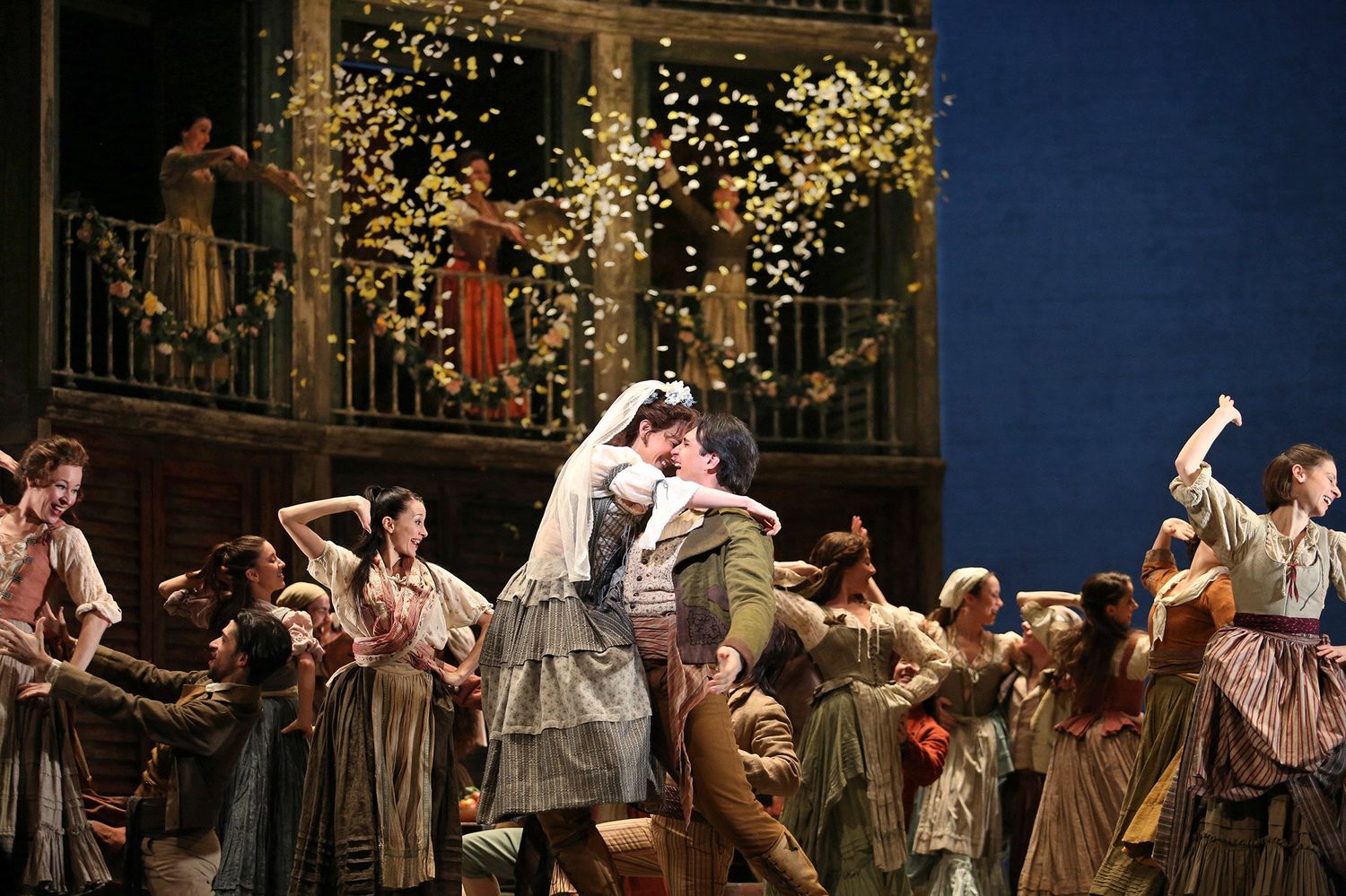

Opera
Who Is Don Giovanni In Mozarts Opera Of That Name
Published: January 6, 2024
Discover the enigmatic character of Don Giovanni in Mozart's iconic opera. Immerse yourself in this captivating tale of love and lust, as the legendary opera unfolds its timeless charm.
(Many of the links in this article redirect to a specific reviewed product. Your purchase of these products through affiliate links helps to generate commission for AudioLover.com, at no extra cost. Learn more)
Table of Contents
- Introduction
- Background of Mozart’s Opera “Don Giovanni”
- Plot Summary of “Don Giovanni”
- Character Analysis
- Don Giovanni’s Personality Traits
- Don Giovanni’s Relationships with Other Characters
- Don Giovanni’s Motivations and Actions
- Interpretations of Don Giovanni’s Character
- Historical Influences on Don Giovanni
- Conclusion
Introduction
Don Giovanni, one of the most iconic operas composed by Wolfgang Amadeus Mozart, has captivated audiences for centuries with its compelling storyline and mesmerizing music. This masterpiece, first performed in 1787, continues to be celebrated for its rich characters, dramatic twists, and powerful emotions.
Set in the 17th century, “Don Giovanni” is a tale of love, seduction, and moral consequences. The opera explores the life of the notorious Don Giovanni, a charismatic and unrepentant nobleman who pursues countless women, regardless of the consequences. With its enthralling music and gripping narrative, “Don Giovanni” delves into themes of morality, societal expectations, and the complexities of human nature.
Mozart’s opera has stood the test of time, captivating audiences with its timeless themes and universal truths. The character of Don Giovanni embodies a complex and multi-dimensional individual, allowing for various interpretations and sparking discussions among scholars, music enthusiasts, and theatergoers alike.
Throughout this article, we will delve into the background of Mozart’s opera “Don Giovanni,” provide a plot summary, analyze the character of Don Giovanni, discuss his relationships with other characters, explore his motivations and actions, and examine the historical influences that shaped this fascinating personality.
Join us on this journey as we uncover the enigmatic persona of Don Giovanni, understanding his significance in the opera world and exploring the enduring impact of this timeless masterpiece.
Background of Mozart’s Opera “Don Giovanni”
Mozart’s opera, “Don Giovanni,” was composed in 1787 with a libretto written by Lorenzo Da Ponte. It premiered in Prague to great acclaim and has since become one of the most frequently performed operas in the world.
The creation of “Don Giovanni” was a collaboration between Mozart and Da Ponte, who had previously worked together on the opera “The Marriage of Figaro.” Inspired by the story of Don Juan, a legendary seducer of women, Da Ponte crafted a compelling libretto filled with passion, intrigue, and moral dilemmas.
Mozart’s music brought the characters and story of “Don Giovanni” to life, showcasing his genius and mastery of composition. The opera features a range of musical styles, from dramatic arias to lively ensemble pieces, highlighting the emotional depth of the characters and emphasizing key moments in the plot.
One of the notable aspects of “Don Giovanni” is Mozart’s use of the orchestra to enhance the storytelling. The music not only accompanies the singers but also provides a musical commentary on the action, enhancing the emotional impact of the scenes. From the foreboding opening chords to the grand finale, the orchestration adds depth and richness to the opera.
Another significant aspect of “Don Giovanni” is its blending of comedic and tragic elements. The opera moves seamlessly between moments of humor and moments of darkness, exploring the complexities of human nature and the consequences of one’s actions. This combination of light and dark adds depth and complexity to the characters, making them more relatable and engaging to the audience.
Throughout its history, “Don Giovanni” has been lauded for its powerful themes and timeless relevance. The opera explores the concepts of love, lust, power, and morality, delving into the human condition with profound insight and emotional intensity. It challenges societal norms and expectations, forcing the audience to confront their own beliefs and values.
With its unforgettable music, compelling storyline, and thought-provoking themes, Mozart’s “Don Giovanni” continues to captivate audiences and remains a cornerstone of the opera repertoire.
Plot Summary of “Don Giovanni”
Set in 17th-century Spain, “Don Giovanni” follows the captivating story of the promiscuous nobleman, Don Giovanni, and the consequences of his actions. The opera begins with Don Giovanni attempting to seduce Donna Anna, the daughter of the Commendatore. However, his advances are thwarted when the Commendatore intervenes, leading to a deadly confrontation where the Commendatore is killed by Don Giovanni.
Don Giovanni continues his pursuit of women, including Donna Elvira, whom he abandoned after a short-lived affair. Meanwhile, Donna Anna seeks revenge for her father’s death and vows to unmask the man responsible.
Don Giovanni’s servant, Leporello, provides comic relief as he lists off his master’s conquests and tries to keep track of his numerous affairs. Despite Leporello’s pleas for him to change his ways, Don Giovanni remains unrepentant.
As the plot unfolds, Don Giovanni encounters Zerlina, a peasant girl about to be married. He tries to seduce her, but his advances are noticed by Masetto, Zerlina’s fiancé. Don Giovanni manages to deflect suspicion, but his actions escalate tensions between him and Masetto.
As the story reaches its climax, the statue of the slain Commendatore appears and offers Don Giovanni a chance to repent. Refusing to show remorse, Don Giovanni invites the statue to a lavish banquet at his home. The statue accepts the invitation, and during the feast, Don Giovanni is dragged down to hell, paying the ultimate price for his unbridled lust and defiance.
The opera concludes with the remaining characters reflecting on the events that unfolded and the lessons learned. They emphasize the moral of the story, warning against the pursuit of selfish desires and the consequences that inevitably follow.
“Don Giovanni” is a compelling tale of love, betrayal, and moral downfall. Its intricate plot weaves together elements of comedy and tragedy, captivating audiences through its exploration of human nature and the choices we make.
Character Analysis
“Don Giovanni” features a rich cast of characters, each with their own distinct traits and motivations. From the charming and enigmatic Don Giovanni to the fiery Donna Anna and the loyal servant Leporello, this opera offers a myriad of personality types that drive the story forward.
Don Giovanni: The titular character of the opera, Don Giovanni is a complex and charismatic nobleman who is driven by his insatiable lust and desire for conquest. He is portrayed as an attractive and charming figure, capable of manipulating those around him to fulfill his desires. Don Giovanni is characterized by his arrogance, recklessness, and complete disregard for the consequences of his actions. Despite his immoral behavior, he manages to captivate audiences with his undeniable magnetism and allure.
Donna Anna: Donna Anna is a noblewoman and the daughter of the Commendatore. She becomes a central figure in the opera after Don Giovanni kills her father in a duel. Donna Anna is steadfast in her pursuit of justice and revenge, determined to unmask the man responsible for her father’s death. She embodies strength, resilience, and a strong sense of duty.
Leporello: Leporello serves as Don Giovanni’s loyal and long-suffering servant. He is often the voice of reason, providing a comedic element to the opera. Leporello acts as a witness to his master’s escapades, documenting his conquests and trying to navigate the complexities of Don Giovanni’s lifestyle. Despite his loyalty, Leporello wrestles with his own moral dilemmas and desires a different path in life.
Donna Elvira: Donna Elvira is a complex and tragic character. In the past, she had fallen prey to Don Giovanni’s charms and was abandoned by him. Throughout the opera, she struggles with conflicting emotions, vacillating between anger, forgiveness, and a lingering love for Don Giovanni. Donna Elvira embodies the complexities of human nature, torn between her desire for revenge and her lingering feelings for the man who wronged her.
Zerlina and Masetto: Zerlina and Masetto represent the innocence and simplicity of common folk. Zerlina is a young peasant girl who becomes the object of Don Giovanni’s attention, while Masetto is her betrothed. They provide a contrast to the aristocratic characters, emphasizing the divide between social classes and the consequences of Don Giovanni’s actions on ordinary people.
The Commendatore: Although the Commendatore only appears briefly in the opera before his untimely death, his presence looms large over the narrative. He serves as a symbol of morality and justice, embodying the consequences that await Don Giovanni for his wicked deeds. The Commendatore’s death sets the events of the opera in motion and serves as a catalyst for the unraveling of Don Giovanni’s life.
The characters in “Don Giovanni” are multifaceted and bring depth and complexity to the narrative. Each character’s motivations, flaws, and interactions contribute to the opera’s exploration of human nature, morality, and the consequences of one’s actions.
Don Giovanni’s Personality Traits
Don Giovanni, the central character of Mozart’s opera, is a complex and fascinating individual whose personality traits play a crucial role in shaping the narrative. His character is defined by a combination of charm, recklessness, arrogance, and a relentless pursuit of pleasure.
The most prominent trait of Don Giovanni is his irresistible charm. He possesses a natural magnetism that draws people towards him, enabling him to manipulate and seduce easily. This charm is a key aspect of his character, as it allows him to pursue his desires without facing significant resistance. Don Giovanni’s charisma is often seen as his most dangerous weapon, enabling him to entice women and even convince others to aid him in his escapades.
Another key personality trait of Don Giovanni is his recklessness. He acts impulsively, pursuing his lustful desires without concern for the consequences. This recklessness is portrayed in his pursuit of women, often disregarding the social norms and boundaries that govern 17th-century society. Don Giovanni thrives on the thrill of the chase, taking risks without fully considering the repercussions.
Arrogance is also a defining trait of Don Giovanni. He believes himself to be invincible, above the laws and moral codes that govern others. This arrogance is demonstrated through his disregard for the feelings and well-being of those around him, viewing himself as an untouchable figure who answers to no one. Don Giovanni’s arrogance contributes to his downfall, as it blinds him to the potential consequences of his actions.
Additionally, Don Giovanni’s insatiable thirst for pleasure and conquest is a significant aspect of his personality. He constantly seeks new conquests, driven by a relentless desire for physical and emotional gratification. This insatiable appetite results in numerous affairs and encounters, without any consideration for the emotional impact on those involved or the potential harm he inflicts on them.
While these traits define Don Giovanni’s character, it is important to note that he is not a one-dimensional villain. Mozart’s portrayal of Don Giovanni allows for nuance and complexity, highlighting the internal struggles and contradictions within his character. Despite Don Giovanni’s flaws, there are moments of vulnerability and self-reflection that hint at a deeper complexity beneath his debauched exterior.
Don Giovanni’s personality traits contribute to the opera’s exploration of themes such as morality, societal expectations, and the consequences of one’s actions. The combination of his charm, recklessness, arrogance, and pursuit of pleasure makes him a captivating and enigmatic figure, ensnaring both the characters within the opera and the audience witnessing his exploits.
Don Giovanni’s Relationships with Other Characters
Don Giovanni’s relationships with other characters in Mozart’s opera are complex and multifaceted, adding depth and tension to the narrative. His interactions with various individuals throughout the story reveal different aspects of his personality and shed light on the consequences of his actions.
One of the central relationships in “Don Giovanni” is between Don Giovanni and Donna Anna. After killing her father, the Commendatore, Don Giovanni becomes the object of Donna Anna’s pursuit for justice and revenge. Their relationship is characterized by conflict, as Donna Anna seeks to unmask Don Giovanni and bring him to justice. Her relentless pursuit for revenge serves as a driving force in the plot, highlighting the consequences of Don Giovanni’s actions.
Donna Elvira, a woman whom Don Giovanni previously seduced and abandoned, represents another significant relationship in the opera. She alternates between feelings of anger, forgiveness, and lingering love for Don Giovanni. Donna Elvira’s complicated emotional ties to Don Giovanni highlight the impact of his actions on those he has wronged and the emotional turmoil he leaves in his wake.
Don Giovanni’s relationship with his servant, Leporello, is also noteworthy. Leporello serves as both a witness to and a participant in Don Giovanni’s affairs. Their dynamic is characterized by Leporello’s loyalty and exasperation with his master’s reckless behavior. Leporello often serves as a voice of reason and provides comedic relief, highlighting the contrast between his grounded nature and Don Giovanni’s extravagant lifestyle.
Zerlina and Masetto, a peasant couple, further contribute to the exploration of Don Giovanni’s relationships. Don Giovanni attempts to seduce Zerlina, instigating conflict between her and her fiancé, Masetto. This relationship showcases the manipulation and influence Don Giovanni wields over others, as well as the consequences of his actions on innocent individuals who fall victim to his charm.
Lastly, the statue of the slain Commendatore plays a significant role in Don Giovanni’s relationships. After inviting the statue to a lavish banquet, Don Giovanni faces the ultimate consequence of his immoral pursuits. The appearance of the statue serves as a catalyst for Don Giovanni’s downfall, symbolizing the consequences of his actions catching up with him.
Overall, Don Giovanni’s relationships with other characters in the opera highlight the complexities and consequences of his actions. Whether it is the pursuit of revenge by Donna Anna, the conflicting emotions of Donna Elvira, or the manipulation of Zerlina and Masetto, these relationships contribute to the moral and emotional exploration of the opera. Through these relationships, we witness the impact of Don Giovanni’s behavior on others, and ultimately, his own undoing.
Don Giovanni’s Motivations and Actions
Don Giovanni, the complex protagonist of Mozart’s opera, is driven by a combination of motivations that fuel his actions throughout the narrative. His relentless pursuit of pleasure, coupled with his unyielding desire for conquest, plays a significant role in shaping his motivations and driving his actions.
One of Don Giovanni’s primary motivations is his insatiable lust. He constantly seeks new romantic conquests, driven by an unquenchable desire for physical and emotional gratification. This motivation compels him to pursue countless women, regardless of the potential consequences or the impact on their lives. Don Giovanni sees women as objects of desire, each conquest serving as validation of his masculinity and power.
Another crucial motivation for Don Giovanni is his pursuit of power and control. He thrives on the thrill of manipulating and seducing others, reveling in the dominance he holds over them. Don Giovanni’s actions are not solely driven by his desire for pleasure but also by his thirst for power and the satisfaction he derives from exerting control over others. His character embodies the dangerous allure of power and its ability to corrupt even the most charismatic individuals.
Don Giovanni’s actions reflect his motivations, as he engages in a series of morally questionable and manipulative behaviors. He deceives and seduces women, disregarding the emotional consequences and the potential harm inflicted upon them. He lies to those around him, utilizing cunning strategies to maintain his manipulative facade. Don Giovanni thrives on the excitement of the chase and the game of seduction, often using charm and charisma to disarm his targets.
Despite his reckless pursuit of pleasure, Don Giovanni displays a distinct lack of concern for the consequences of his actions. He operates with a sense of entitlement, believing that he is above societal norms and immune to repercussions. This arrogance manifests in his interactions with others, as he is often dismissive of their feelings and well-being. Don Giovanni’s actions are driven by self-gratification, without consideration for the emotional fallout or harm inflicted upon those he encounters.
Don Giovanni’s actions culminate in his ultimate downfall, as he refuses to show remorse and faces the supernatural consequences of his immoral lifestyle. The opera serves as an exploration of the inevitable consequences faced by those who lead lives devoid of empathy, morals, and respect for others.
Through exploring the motivations and actions of Don Giovanni, Mozart’s opera delves into themes such as the nature of desire, the consequences of unchecked ambition, and the moral complexities of human nature. Don Giovanni’s motivations and actions provide a thought-provoking examination of the human condition, prompting audiences to reflect upon their own desires, choices, and the impact they have on those around them.
Interpretations of Don Giovanni’s Character
Don Giovanni, the complex and enigmatic protagonist of Mozart’s opera, has been subject to various interpretations throughout history. Scholars, directors, and performers have offered different perspectives on his character, shedding light on the underlying motivations and psychological complexities behind his actions.
One interpretation of Don Giovanni’s character is that he represents the embodiment of the human desire for freedom and liberation from societal constraints. Seen in this light, his relentless pursuit of pleasure can be viewed as a rebellion against the norms and expectations of his time. Don Giovanni becomes a symbol of indulgence and the pursuit of personal fulfillment, challenging moral and social boundaries.
Another interpretation positions Don Giovanni as a symbol of unchecked power and privilege. His aristocratic status and entitlement enable him to exploit and manipulate others, highlighting the inherent disparity in society. Don Giovanni’s actions reflect a disregard for those deemed lesser or subordinate, emphasizing the corrupting influence of power and the destructive consequences it can have on both the powerful and the powerless.
Some interpretations focus on the psychological aspects of Don Giovanni’s character. He is seen as a compulsive seducer driven by deep-seated insecurities and a constant need for validation. His insatiable desire for conquest and the constant pursuit of new romantic conquests can be seen as an attempt to fill an emotional void or compensate for a sense of inadequacy.
Don Giovanni has also been viewed as a representation of the duality of human nature. On one hand, he exudes charm, charisma, and a magnetic personality, drawing people towards him. On the other hand, he embodies the darker aspects of human behavior, such as manipulation, deceit, and a lack of empathy. This interpretation suggests that Don Giovanni represents the complex interplay between light and darkness within every individual.
Different cultural and historical contexts have also influenced interpretations of Don Giovanni’s character. For example, in the 19th century, the Romantic period gave rise to interpretations that depicted Don Giovanni as a tragic figure, tormented by internal conflicts and doomed by his own actions. In contrast, interpretations in the 20th century often highlighted the societal critique inherent in the opera, focusing on the power dynamics and social inequalities represented by Don Giovanni’s character.
These interpretations offer a glimpse into the myriad of ways that Don Giovanni’s character can be understood and analyzed. Whether viewed as a symbol of freedom, power, psychological complexities, or societal critique, Don Giovanni’s character continues to provoke discussions and debates, highlighting the enduring complexity and relevance of Mozart’s masterpiece.
Historical Influences on Don Giovanni
Mozart’s opera “Don Giovanni” was not only a product of his own genius but also influenced by the historical and cultural context in which it was created. Several historical factors played a significant role in shaping the themes, characters, and overall narrative of the opera.
One key historical influence on “Don Giovanni” was the figure of Don Juan, a legendary character deeply rooted in European folklore. The story of Don Juan, a seductive nobleman known for his numerous romantic conquests, had been circulating for centuries before Mozart’s time. The character of Don Giovanni was inspired by Don Juan, and the opera serves as a continuation and reinterpretation of this infamous archetype.
Another historical influence on “Don Giovanni” was the Enlightenment period, which advocated for reason, individualism, and a questioning of traditional norms and social structures. “Don Giovanni” reflects the Enlightenment’s exploration of personal freedoms, the pursuit of individual happiness, and the rejection of societal constraints. The opera challenges societal expectations and highlights the tension between personal desires and moral responsibility.
The opera’s setting in 17th-century Spain during the Baroque period also influenced the production. The Baroque era was known for its ornate aesthetics and contrasting dramatic elements. Mozart’s music and the elaborate staging of “Don Giovanni” reflect the grandeur and theatricality associated with the Baroque era, adding to the overall spectacle and impact of the opera.
The social and political climate of Mozart’s time also had an impact on the opera. “Don Giovanni” was composed during a period of societal unrest and political change, with the French Revolution and the emergence of new revolutionary ideas sweeping through Europe. The opera reflects some of the social tensions and moral dilemmas of the time, contributing to its deeper resonance with contemporary audiences.
Furthermore, the collaboration between Mozart and librettist Lorenzo Da Ponte also influenced the creation of “Don Giovanni.” Da Ponte, a Venetian poet and librettist, brought his own experiences and perspective to the writing process. His understanding of the operatic tradition and his skillful adaptation of the Don Juan story contributed to the unique blend of drama, comedy, and social commentary found in the opera.
These historical influences shaped the themes, characters, and music of “Don Giovanni,” making it a rich and multi-layered work. The amalgamation of folklore, Enlightenment ideals, the Baroque period, social and political climate, and creative collaboration all contributed to the enduring power and significance of Mozart’s masterpiece.
Conclusion
Mozart’s opera, “Don Giovanni,” continues to captivate audiences with its captivating story, unforgettable music, and complex characters. The enigmatic protagonist, Don Giovanni, embodies a multifaceted persona that sparks discussions and interpretations among scholars, directors, and opera enthusiasts.
Throughout this article, we have explored various aspects of “Don Giovanni,” from its background and plot summary to the character analysis of Don Giovanni himself. We have delved into his personality traits, motivations, relationships with other characters, and the historical influences that shaped his character.
Don Giovanni’s charm, recklessness, arrogance, and pursuit of pleasure define his character. His interactions with characters such as Donna Anna, Donna Elvira, Leporello, Zerlina, Masetto, and the Commendatore reveal the consequences of his actions and the complexities of his relationships. Interpretations of Don Giovanni’s character vary, ranging from a symbol of freedom and rebellion to a representation of power and privilege or a study of the duality of human nature.
Historically, “Don Giovanni” draws inspiration from the figure of Don Juan, the Enlightenment period, the Baroque era, and the social and political climate of Mozart’s time. These influences contribute to the opera’s exploration of personal freedoms, moral dilemmas, and the tension between societal expectations and individual desires.
In conclusion, “Don Giovanni” remains a remarkable and enduring masterpiece that resonates with audiences across generations. It challenges us to reflect on our own desires, choices, and the consequences they entail. Through the captivating character of Don Giovanni, Mozart explores timeless themes of morality, power, love, and the complexities of human nature.
As we continue to appreciate and delve into the depths of “Don Giovanni,” we are reminded of the profound impact that art can have on our understanding of the human condition. Mozart’s opera invites us to question and ponder our own lives, making “Don Giovanni” not just a historical masterpiece, but a timeless exploration of the triumphs, challenges, and consequences that shape our existence.

